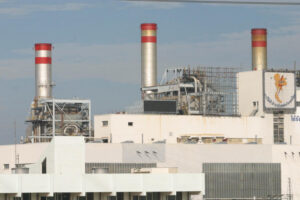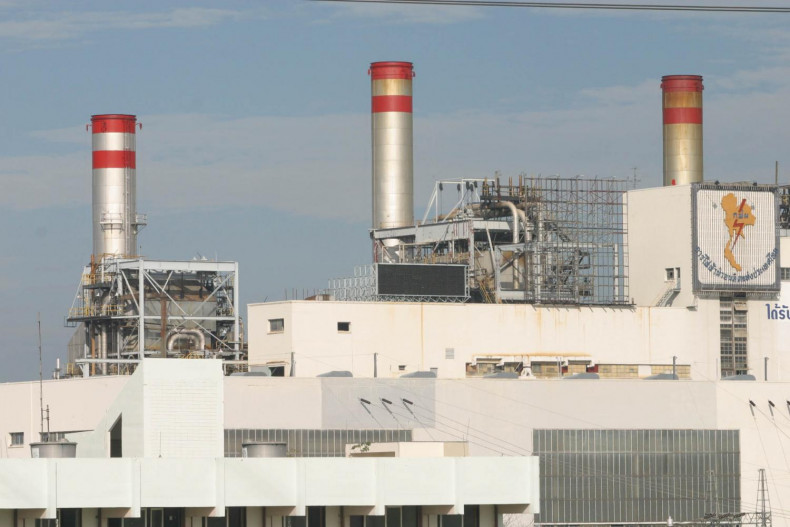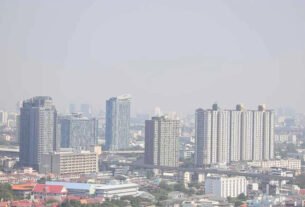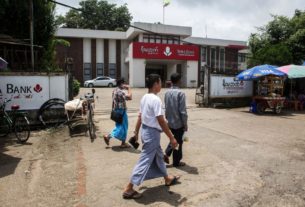
Thailand set to finally embrace nuclear power
Proposal to install small modular reactors (SMRs)
A proposal to install small modular reactors (SMRs) in Thailand looks set to gain momentum amid corporate interest in using the technology to ensure stable power supplies and support the national plan to reduce dependence on fossil fuels.
Ratch Group, the power generation arm of the Electricity Generating Authority of Thailand (Egat), Global Power Synergy Plc, a subsidiary of national oil and gas conglomerate PTT Plc, as well as Saha Pathanapibul International Plc, a consumer product conglomerate, are key supporters of SMRs, said a private sector electricity executive who requested anonymity.
Their interest in nuclear power is in line with the government’s plan to push for SMR installation, part of efforts to reduce carbon dioxide emissions from fossil fuel-fired power plants.
Global Power Synergy recently announced it was conducting a feasibility study in response to growing power demand and a desire to achieve its decarbonisation goal.
The executive was speaking about the perception of the state and private perception of nuclear technology ahead of a seminar titled “A Global Dialogue on SMR Deployment”, to be held on July 16 in Bangkok.
The one-day seminar, co-sponsored by Ratch and Saha Pathanapibul International, aims to give updates on the SMR trend and provide an opportunity for experts and nuclear power enthusiasts to exchange views.
An SMR is a form of nuclear power technology with a capacity of up to 300 megawatts per unit, about one-third of the generating capacity of larger, traditional nuclear power reactors, according to the International Atomic Energy Agency.
“We want to educate people on SMRs before the power development plan [PDP] is enforced,” said the executive.
Under the PDP, scheduled for implementation from 2024 to 2037, two SMRs, each with a capacity of 300MW, will be developed and will commence operations towards the end of the plan. The SMRs could be developed and run by Egat.
Thailand initially tried to adopt nuclear power technology during the 1970s, with Egat set to be a project developer, but the plan was aborted, following the discovery of natural gas in the Gulf of Thailand in the early 1980s.
Authorities included nuclear energy in the 2010 PDP, with a nuclear power project with a total capacity of 2,000MW set to commence operations in 2020 or 2021, but it was removed from the PDP in 2011 following the nuclear reactor meltdown caused by a tsunami in Fukushima, Japan.
Nuclear energy experts said an SMR is designed to be safer and better deal with environmental concerns.
An SMR uses natural circulation and a gravity-driven system to remove heat. This allows an SMR to avoid the damaging impact of power outage that can cause the electricity-powered cooling system, used by traditional nuclear power plants, not to work properly.
Some SMRs are being developed to use fuel from reprocessed spent nuclear fuel, thus alleviating concerns about nuclear waste management.
Source: https://www.bangkokpost.com/business/general/3068554/thailand-set-to-finally-embrace-nuclear-power



